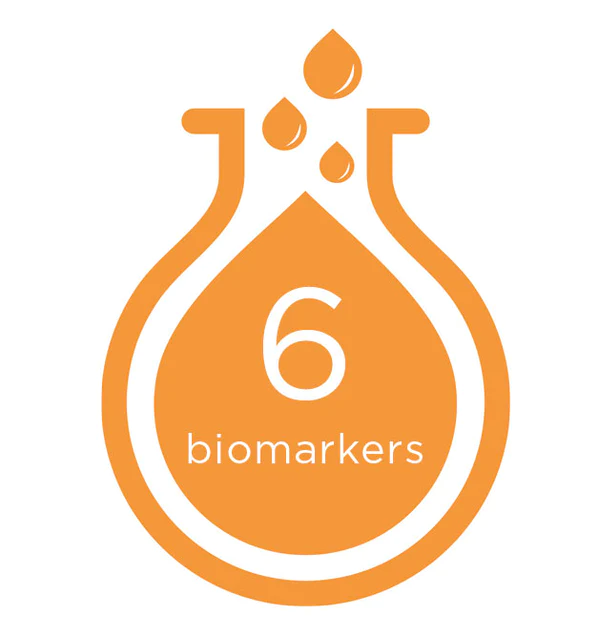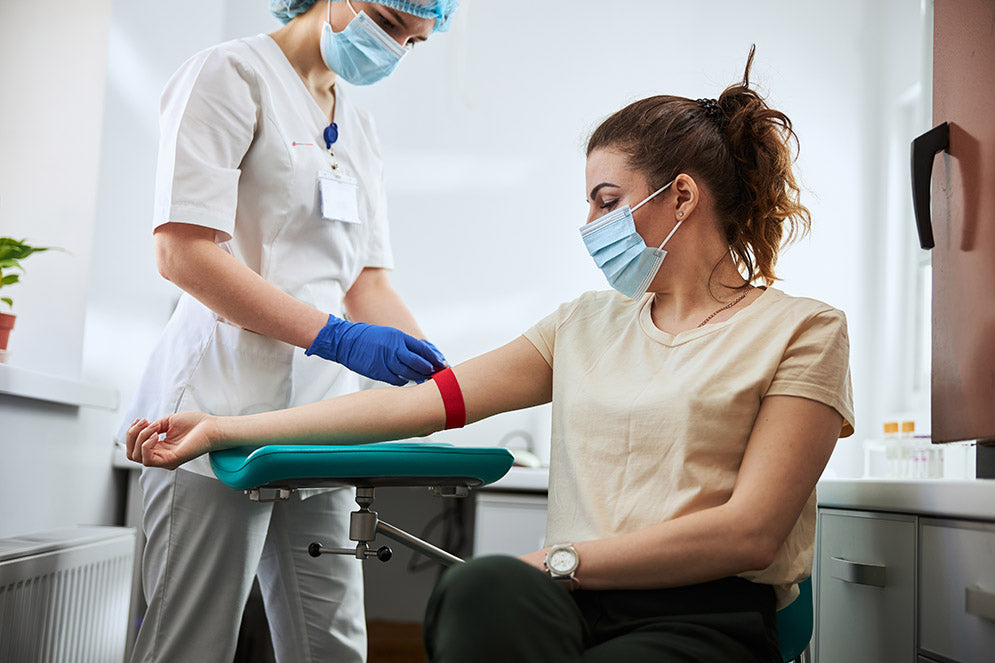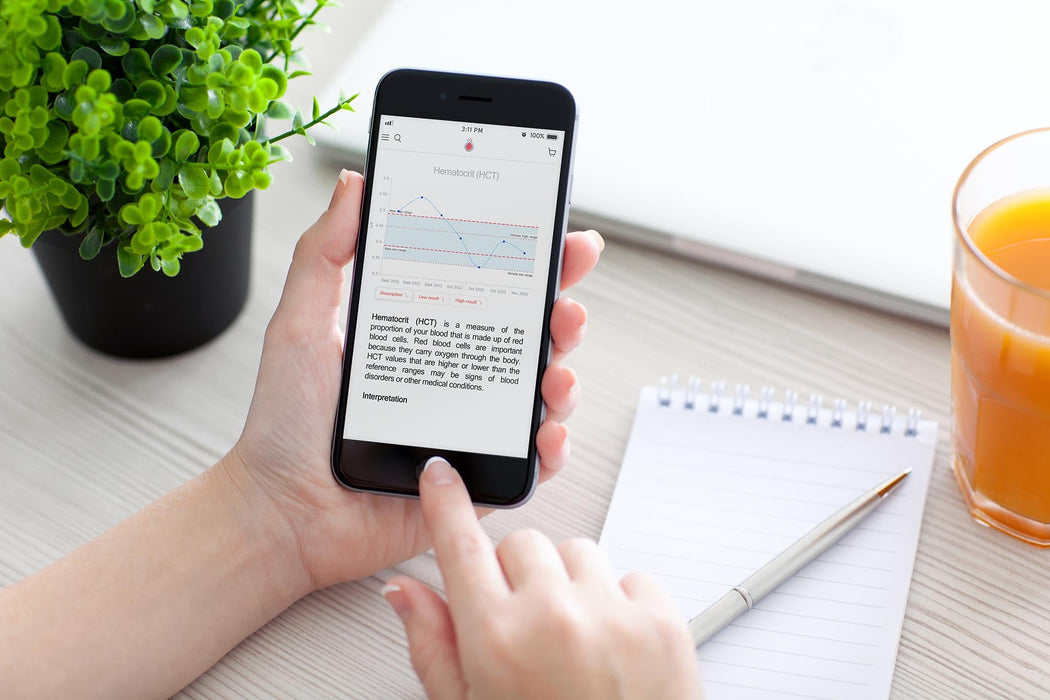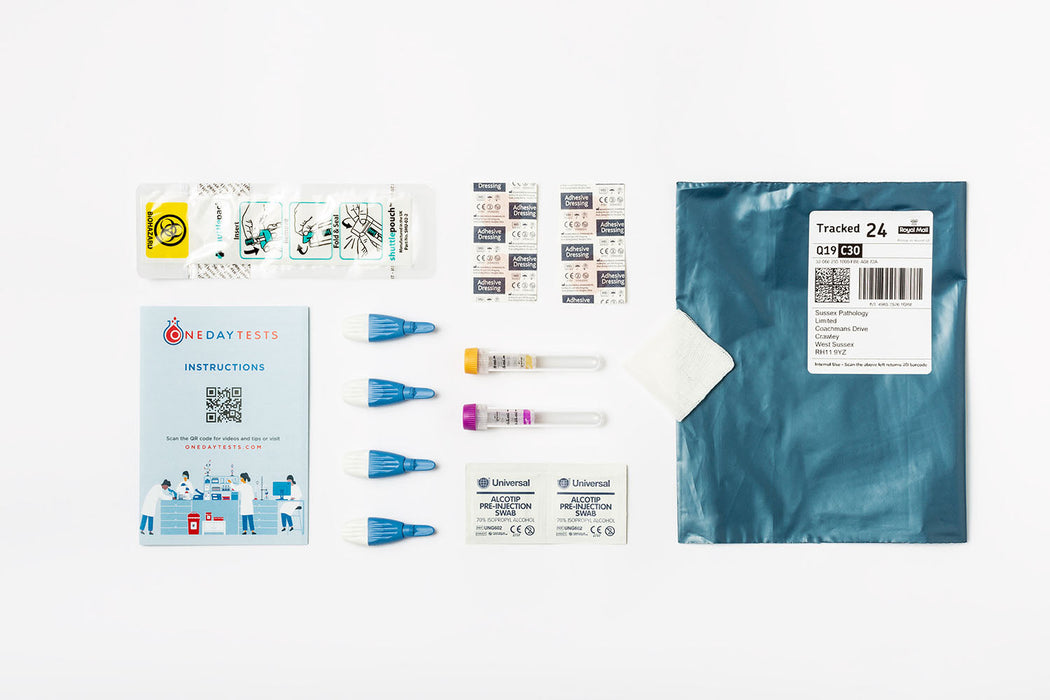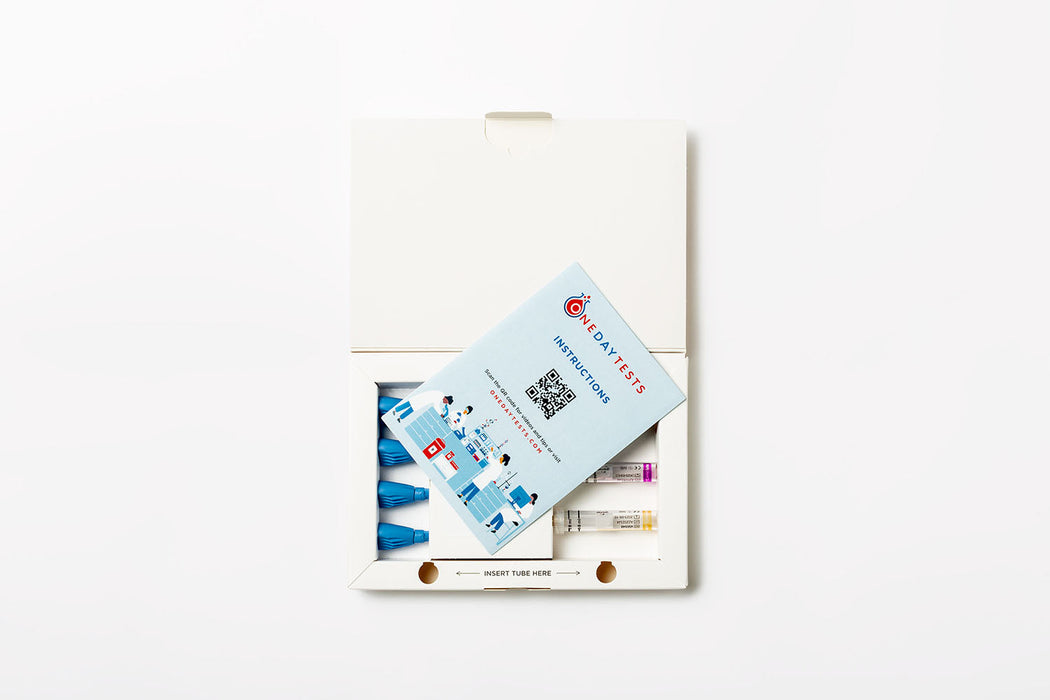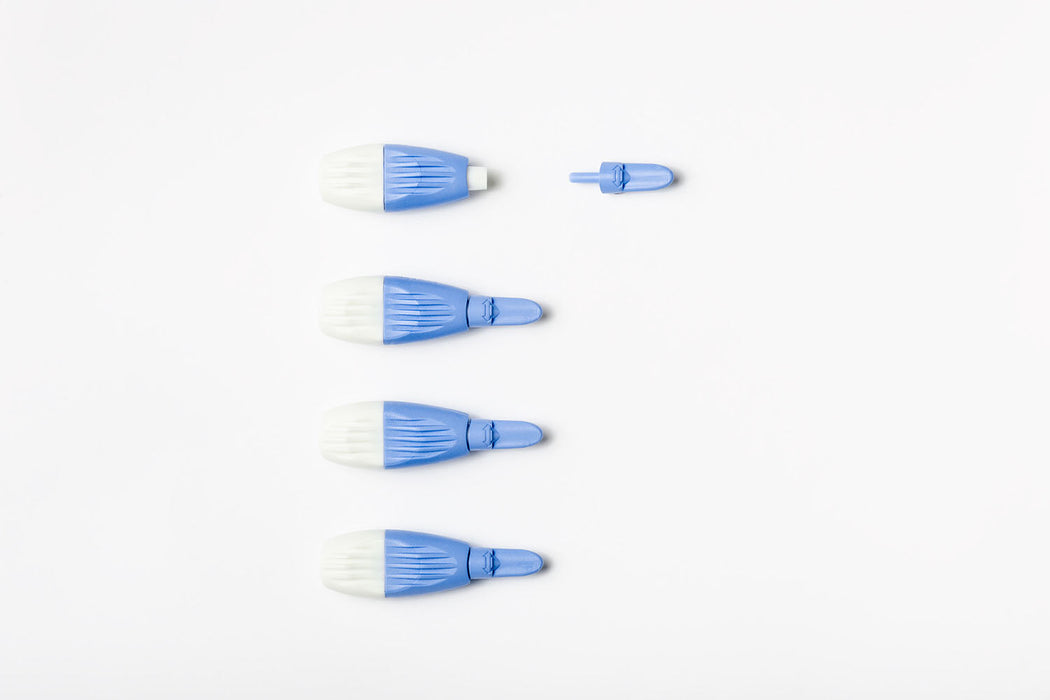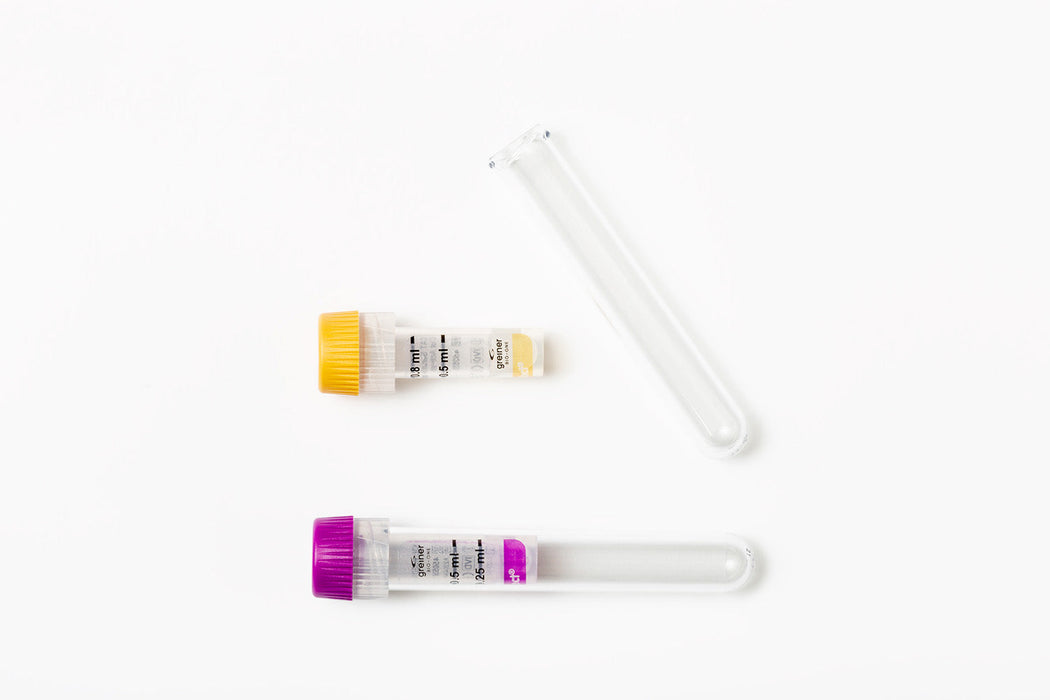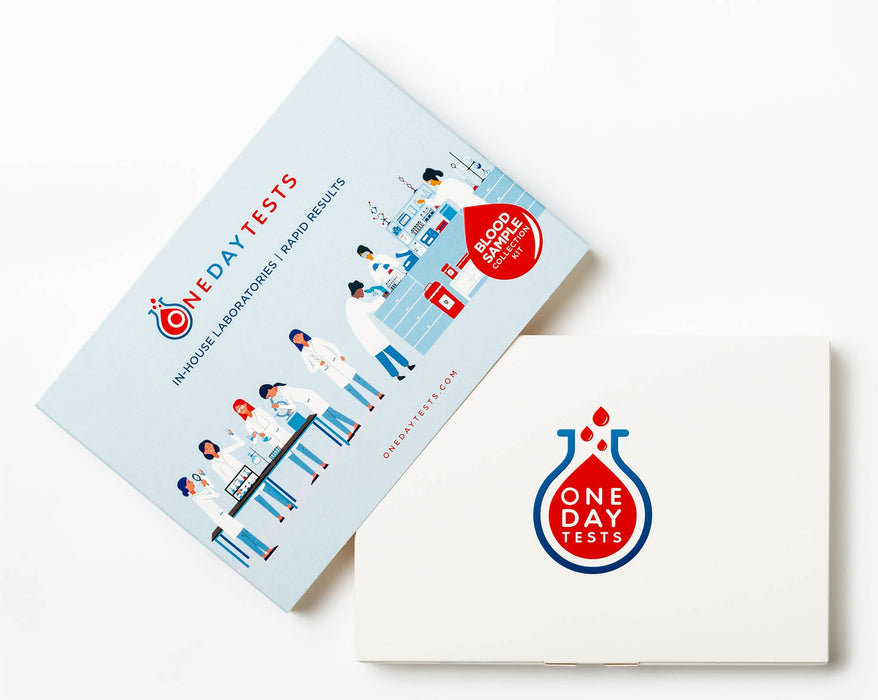What is it?
Cholesterol is a fat like substance made by your liver that is essential to a wide range of body functions including making hormones and digesting fatty foods.
Your body is able to make all the cholesterol it needs so you should aim to keep dietary cholesterol low. Food that is high in cholesterol includes meat, seafood and dairy products.
Cholesterol is divided into HDL-cholesterol ("good" cholesterol) and LDL-cholesterol ("bad" cholesterol). It is the ratio of these different types of cholesterol that is important in determining your future risks of heart attacks and strokes.
Reference ranges
If your indicative total cholesterol level is lower than the reference range for our laboratory:
Generally, low cholesterol does not imply any health issues or problems. However, very low cholesterol (hypolipidemia) could mean signs of malnutrition or unhealthy diet, anemia and low fat absorbtion, liver issues or thyroid desease, as well as cancers or infections.
You can discuss this result with your GP if you are concerned.
If your indicative total cholesterol level is higher than the reference range for our laboratory:
High cholesterol is when you have too much of a fatty substance called cholesterol in your blood. It is mainly caused by eating fatty food, not exercising enough, being overweight, smoking and drinking alcohol. It can also run in families.
You can lower your cholesterol by eating healthily and getting more exercise. Some people also need to take medicine.
Too much cholesterol can block your blood vessels. It makes you more likely to have heart problems or a stroke.
High cholesterol does not cause symptoms.
Please discuss this result with your GP.



